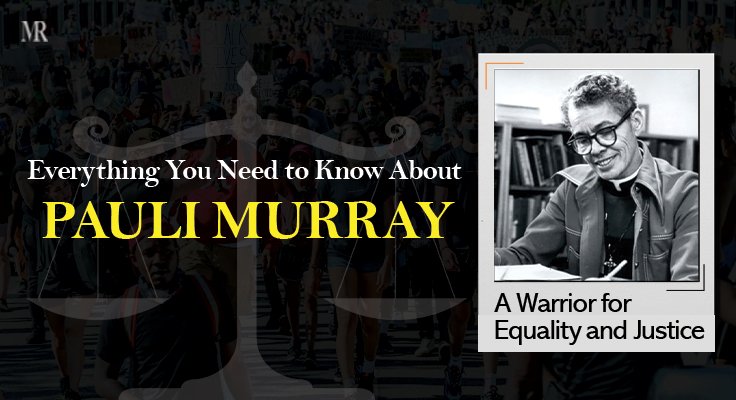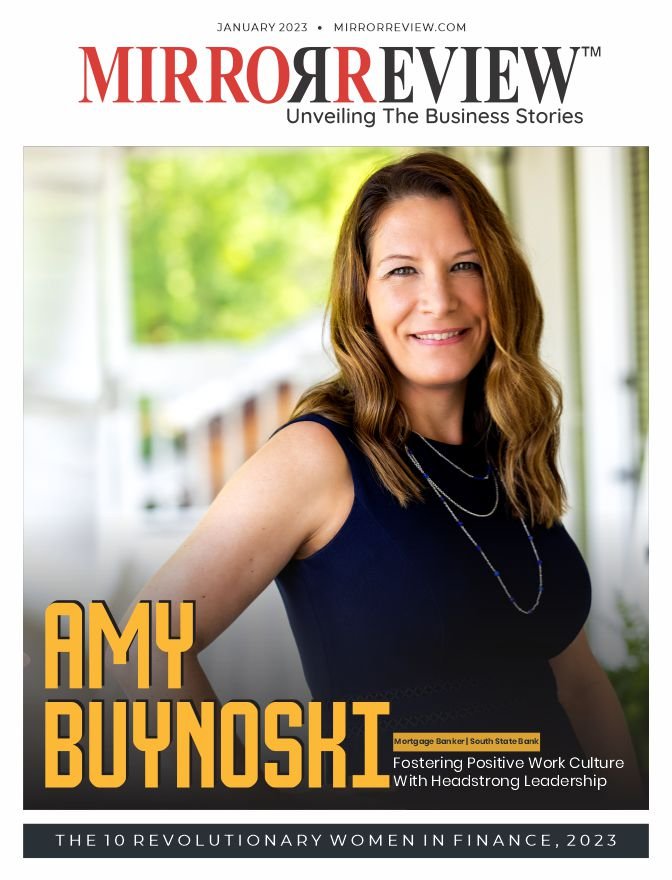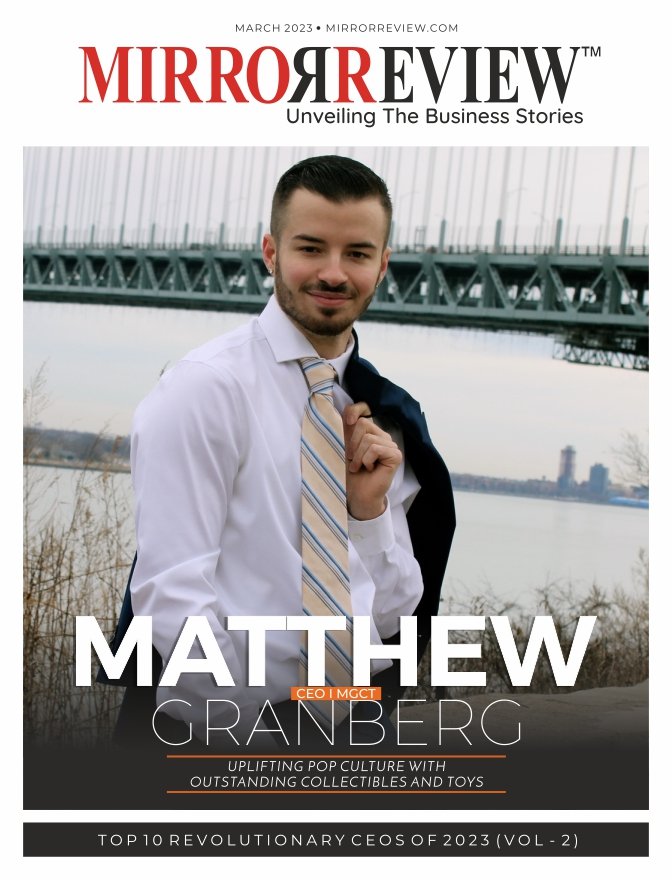You might have heard about many revolutionary activists in America. But do you know Anna Pauline Murray? Well, she is publicly known as Pauli Murray.
She has several accolades to her name, like being an American civil rights activist, campaigner, legal scholar, theorist, author, and—later in life—an Episcopal priest. Murray’s work inspired the civil rights movement and strengthened legal protections for gender equality. She is one of the least celebrated heroes.
“What is often called exceptional ability is nothing more than persistent endeavour.” This quote by her states what kind of fighter she was.
Her story dates back to an incident in 1940. Murray and her friend got arrested for violating state segregation laws after sitting in the whites-only section of a Virginia bus. This was enough to create a spark in her to pursue a career as a civil rights lawyer. Later, she made some great contributions to society in her four-decade fight for equality and justice.
Interesting Facts About Pauli Murray
| Born | November 20, 1910 |
| Died | July 1, 1985 (aged 74) |
| Education | City University of New York, Hunter (BA)Howard University (LLB)University of California, Berkeley (LLM)Yale University (SJD)General Theological Seminary (MDiv) |
| Sainthood Ordination | 1976 (Deacon)1977 (Priest) |
- Murray fought against segregation on public transport as part of the Fellowship of Reconciliation.
- She was the first in her class at Howard University Law School and the only woman.
- She worked with civil rights leaders but criticized the marginalization of women in the movement.
- Pauli Murray was the first African American to receive a JSD from Yale Law School.
- The National Organization for Women was co-founded by her in 1966.
- Murray became the first African American woman ordained as an Episcopal priest in 1977.
Pauli Murray’s Significant Life Events and Contributions in a Nutshell

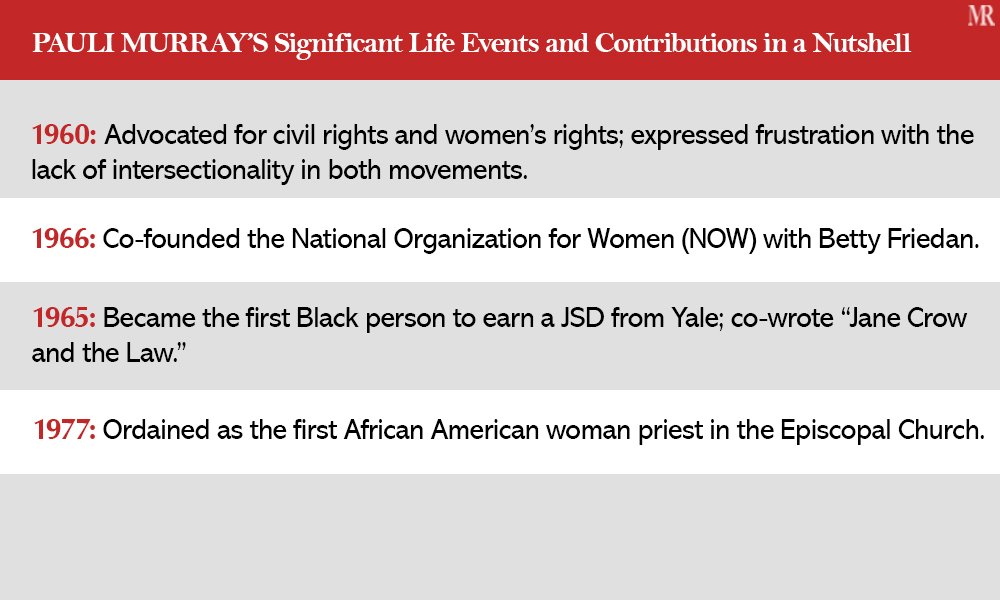
Early Life and Education (1910-1940s)
A kid from the 1900s knows how tough it was back then. Not enough rights to survive with basic needs. The economic hardship of the era further highlighted the inequalities faced by African Americans and women, fueling Pauli’s determination to fight for a more just society.
However, Pauli was raised as a fighter, witnessing some of the critical incidents that further shaped her course of life.
- Pauli was born in 1910 in Baltimore, Maryland, and had both personal struggles and an increasing consciousness of social injustice throughout her life. She was the fourth kid in a family of six. Her mother was a nurse, while her father was a college-educated teacher.
- Her mother died when Pauli was three, and her father suffered from depression and was later murdered by a white guard in the hospital in 1923.
- Orphaned at the age of six, she was raised by her mother’s family in North Carolina. Murray lived in Durham until the age of 16 when she relocated to New York to complete high school and prepare for college. In 1927, she received her second high school certificate with honors from Richmond Hill High School and attended Hunter College for two years.
- During this time, she encountered racial segregation firsthand, a system of discriminatory laws and practices she would later call “Jane Crow.”
- Murray lived cautiously in Harlem and attended lectures by Harlem Renaissance figures. She even did odd jobs and wrote creatively to support herself.
- Despite these obstacles, Pauli excelled in school. After graduating (with a Bachelor of Arts in English) from Hunter College in New York City in 1933, she became actively involved in social justice movements during the Great Depression.
Challenges and Early Activism
History tells us that “no great personality is made without pressing challenges.” So, is Pauli Murray. She went through such incidents that helped to create history. Her activism story starts here:
- Undeterred by Segregation
Pauli’s dreams of legal education were shattered when she applied to a PhD program in sociology at the University of North Carolina, Chapel Hill, in 1938, but was turned down due to her color. State law required the segregation of all schools and other public institutions in the state, as it did across the South.
In 1938, she deliberately staged an act of civil disobedience by refusing to sit in the “colored” section on a northbound Greyhound bus traveling from Virginia to New York. Decades before the Montgomery Bus Boycott, Pauli’s act was a courageous stand against segregation in interstate transportation.
- Excelling at Howard Despite Sexism
Pauli enrolled at Howard University Law School, the only Black law school in the country at the time. While there, she faced sexism as well as racism. As a brilliant student, she graduated at the top of her class in 1944 but was the only woman in a graduating class of men.
Despite this achievement, she found it nearly impossible to secure a legal job due to pervasive discrimination based on both race and gender.
- Gender Identity and Sexuality
She preferred male clothing and experimented with various nicknames. Pauli struggled with gender identity and attraction to women at a time before the term “transgender” was known.
Legal Career and Scholarly Work
- Undeterred by the discrimination she faced, Pauli turned to legal scholarship to challenge racial segregation. In 1938, she wrote an amicus curiae brief for the NAACP in the landmark case Gaines v. Missouri. This brief argued that the “separate but equal” doctrine in education was inherently unequal, laying the groundwork for later legal challenges to segregation in public schools.
- Pauli continued her legal activism while pursuing her own education. After graduating from Howard, she was denied admission to Harvard Law School because of her race. However, she was accepted at Columbia Law School’s graduate program in law. There, she drafted a legal document known as “A Legal Analysis of the Segregation Laws of the Seventeen Southern States” in 1944.
- This groundbreaking document meticulously documented the legal inconsistencies and injustices of segregation in education and other areas of life. Her work directly influenced Thurgood Marshall and the legal team that argued the landmark Brown vs Board of Education case in 1954, which declared segregation in public schools unconstitutional.
- Despite her legal acumen, Pauli struggled to find a legal job due to her race and sex. She eventually earned a Doctor of Juridical Science from Yale Law School in 1965, becoming the first black woman to do so. Throughout her career, Pauli used her legal expertise to advocate for racial and gender equality. She wrote extensively on legal issues and taught law at various universities, including Benedict College and Brandeis University.
Pauli Murray’s Contributions to Society
- Championed intersectionality
Pauli Murray was a pioneer in recognizing the interconnected nature of race, gender, class, and other forms of oppression. She believed that social justice movements needed to address the experiences of people who faced multiple forms of discrimination.
- Fought for gender equality
While she co-founded the National Organization for Women (NOW) in 1966, she later left the organization because she felt it did not adequately address the concerns of women of color. Pauli believed that the feminist movement needed to be more inclusive and intersectional.
- Advanced Racial Equality
Throughout her life, Pauli Murray was a vocal advocate for racial equality. Her legal scholarship and activism paved the way for dismantling segregationist laws and practices.
Later Life and Legacy (1960s-1985)
- Taught at various universities, including Brandeis University.
- Pauli Murray broke barriers again by becoming the first black woman ordained as an Episcopal priest in the United States (1977).
- Published her autobiography, “Song in a Weary Throat,” offering a personal reflection on her life and struggles.
- Passed away in 1985, leaving behind a legacy of activism and scholarship that continues to inspire social justice movements today.
Pauli Murray Books
Apart from her active socialism, she wrote a couple of inspiring books for generations to come. Pauli Murray’s writing offers a multifaceted view of her experiences and perspectives on social justice. She wrote her biography and some poems, which still ignite sparks in many. The list of Pauli Murray’s books are:
- Song in a Weary Throat
- Proud Shoes: The Story of an American Family
- Dark Testament
- States’ Laws on Race and Colour
- Proud Shoes the Story of an American Family – Scholar’s Choice Edition
- Pauli Murray and Caroline Ware
- To Speak a Defiant Word: Sermons and Speeches on Justice and Transformation
- Brief for the American Jewish Congress as Amicus Curiae: In the United States Circuit Court of Appeals for the Ninth Circuit, No. 11,310
Pauli Murray Quotes
- “True community is based upon equality, mutuality, and reciprocity. It affirms the richness of individual diversity as well as the common human ties that bind us together.”
- “Hope is a song in a weary throat.”
- “Black women, historically, have been doubly victimised by the twin immoralities of Jim Crow and Jane Crow. … Black women, faced with these dual barriers, have often found that sex bias is more formidable than racial bias.”
- “Great art is not a matter of presenting one side or another, but presenting a picture so full of the contradictions, tragedies, [and] insights of the period that the impact is at once disturbing and satisfying.”
- “In not a single one of these little campaigns was I victorious. In other words, in each case, I personally failed, but I have lived to see the thesis upon which I was operating vindicated. And what I very often say is that I’ve lived to see my lost causes found.”
- “One person plus one typewriter constitutes a movement.”
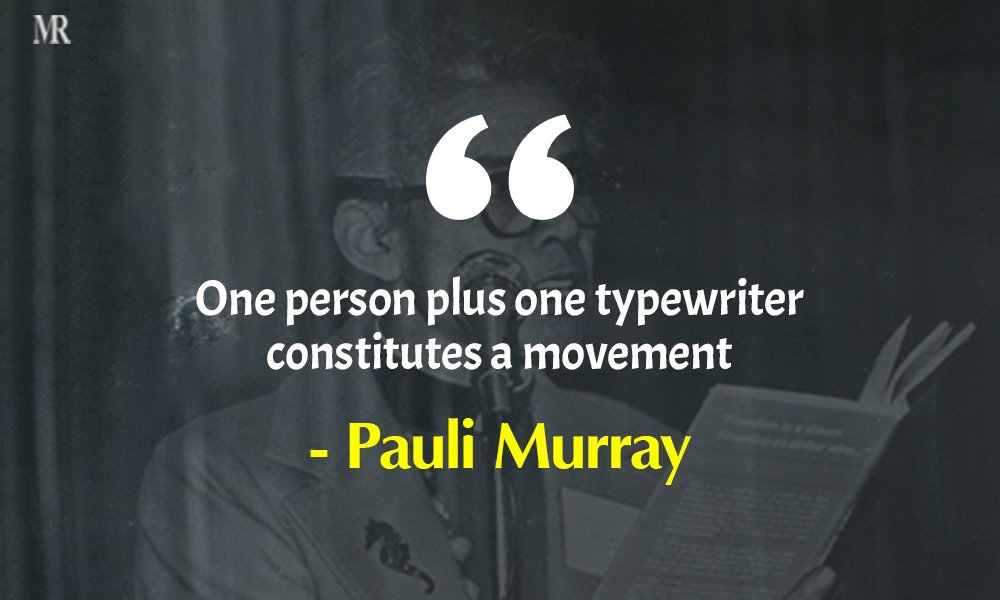
End Note
In conclusion, Pauli Murray’s unerasable mark on history serves as a light of hope and inspiration for generations to come. Her legacy reminds us that change is possible, and progress is within reach when we stand united in the chase of equality.
Let’s honor Pauli Murray’s legacy by carrying forward her legacy of activism, and advocacy.
Take a stand, raise your voice, and be the change you wish to see in the world. Join the moment for a brighter and more exclusive future today.
Also Read: Facts About William Shakespeare: Decoding the Secrets of the World’s Greatest Playwright

